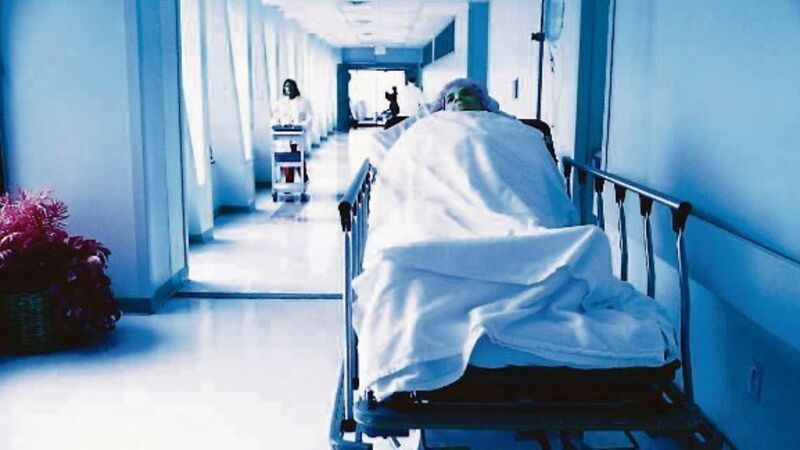Patients wait on trolleys while loved ones hang around in fear

THE numbers of patients on trolleys in hospital emergency rooms is at a record high. Which, you will agree, is not the time for the man in my life to decide to get sick. But this is exactly the time he decides to get so sick that he has to visit the VHI SwiftCare Clinic in Swords.
Now, if I tell you the VHI SwiftCare Clinic is bright, clean, friendly, speedy, and staffed by people whose expertise is matched only by their kindness, you will assume that I work for them. I don’t, but every encounter with them has been good. I’d prefer it to Starbucks.















